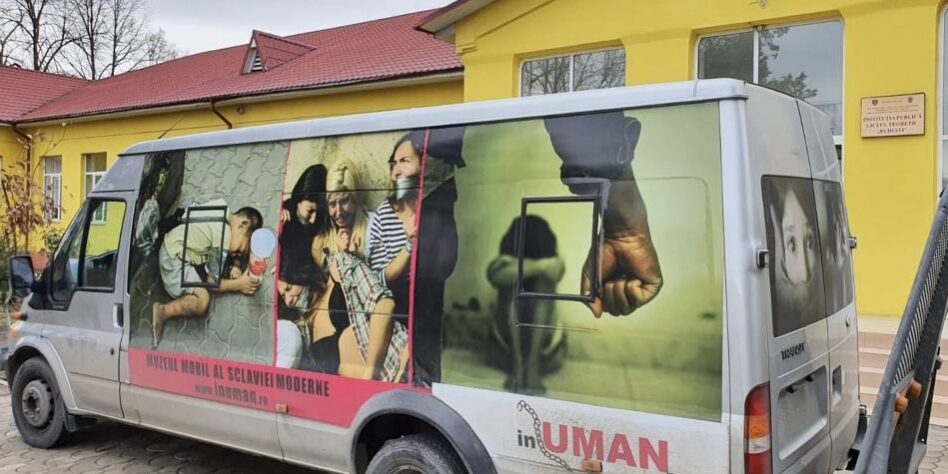3 March 2022
Wartime Alert on Human Trafficking
Translated from original Romanian text
The empathy of the Romanians towards refugees fleeing Ukraine impressed the whole world: they welcomed them with open arms, took them with their cars, and received them in their homes.
There is too little talk of cases where, in a stranger’s car, entering a stranger’s house, refugees, mostly women, girls and children, have already come into contact with the first ring in human trafficking networks: those who recruit, those who are well trained to seduce their victims with promises. Traffickers exploit the vulnerability of people and do not miss this confusing situation at the border, a situation in which they can quietly recruit scared, disoriented people who desperately need the security of tomorrow.
If these cases are not talked about yet, it is because we are in the promises’ phase. The victims are to be handed over to the trafficking networks and to reach the modern slavery market, where they will be exploited sexually, through abusive work or through begging.
Romania is a main source of human trafficking in Europe; cooperation between traffic rings in Ukraine, Moldova and Romania is likely to increase considerably the number of victims due to the escalating conflict in Ukraine.
The International Insittute for Human Security supports to the prevention of human trafficking through the Mobile Museum of Modern Day Slavery project, and we call on the Department of Emergency Situations of the Ministry of Interior, in collaboration with the National Agency Against Trafficking in Persons, to mobilize IT teams to immediately create a database in which, at the border, the identification data of each refugee person to appear together with the identification data of the person taking over it, or the data of the organizations in their care. Each person who subsequently takes over the refugee must send their identification data to the database (through the nearest police station).
At the same time, through the collaboration between the Department of Emergency Situations and mobile phone companies, each refugee must receive on the phone, in their language, a warning message on the prevention of the risk of falling into the trap of traffickers, with indications of recognition of the methods used by traffickers, and with emergency numbers to which they can call for help or request more information.
The noted steps are critical measures to prevent the trafficking of refugees on the modern-day slavery market.
Learn more about the Mobile Museum of Modern-Day Slavery project.
Dr. Aurora Martin
Vice President, on behalf of
International Institute for Human Security







